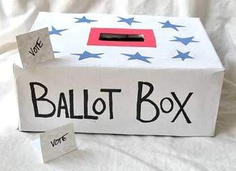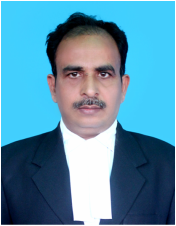Human rights are essentially individual in character. They are not created by any legislature through legislation. Civilized states and a body like United Nations have committed to promote and protect observance of human rights. The importance of human rights was realized and visualized only after the establishment of United Nations Organization in 1945.
Since the emergence of United Nations Organization on 20.10.1945 there had been a tremendous growth and development in the field of protection of human rights. The charter of the UNO itself contains several provisions relating to human rights. The charter itself starts with the saying “WE THE PEOPLE OF THE UNITED NATIONS “. This phrase itself indicates the determination of the UNO to dedicate itself for the human rights.
The purpose of the establishment of UNO in 1945 is to maintain international peace and security, which cannot be achieved without the protection of human rights. As such there was overwhelming response from the member states of the UNO at the San Francisco conference for promotion of human rights and fundamental freedoms.
The Indian Scenario
The United Nations declaration of Human Rights was adopted by most countries including India on 10/12/1948. It is appropriate that the celebration of the jubilee year of the attainment of national independence by India coincided with the celebration of the jubilee year of the declaration of Human Rights. These simultaneous celebrations are appropriate because the movement for India’s independence and the movement for human rights are essentially for the same cause.
The Electoral Process as a part of Human Rights
The role of free and fair elections in a democracy is critical. The electoral process in many Commonwealth countries remains flawed and much can be done to improve this. Already the Commonwealth has developed a capacity for providing technical support for electoral reform.
Voter education is vital in promoting tolerance and scrupulous observance of the ground rules for a fair election, for example, not tearing down posters, abstaining from carrying arms to public meetings and renunciation of political violence.
The national capacity to provide election observers should be strengthened. NGO’s and other civic organizations need to be more deeply involved. More effort must be put into training of polling agents, election agents and presiding officers.
Citizens’ movement for free and fair election should be promoted. Young citizens should be involved in promoting democratic values and renouncing of violence on the pattern of the peace volunteers in countries like South Africa.



 RSS Feed
RSS Feed

















